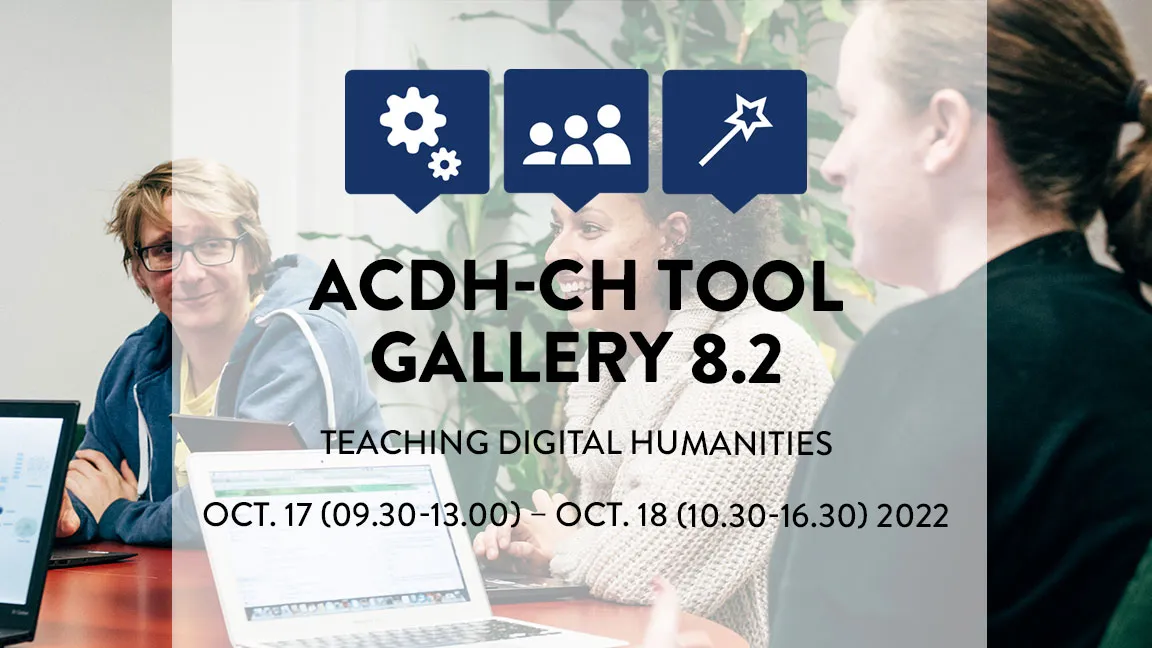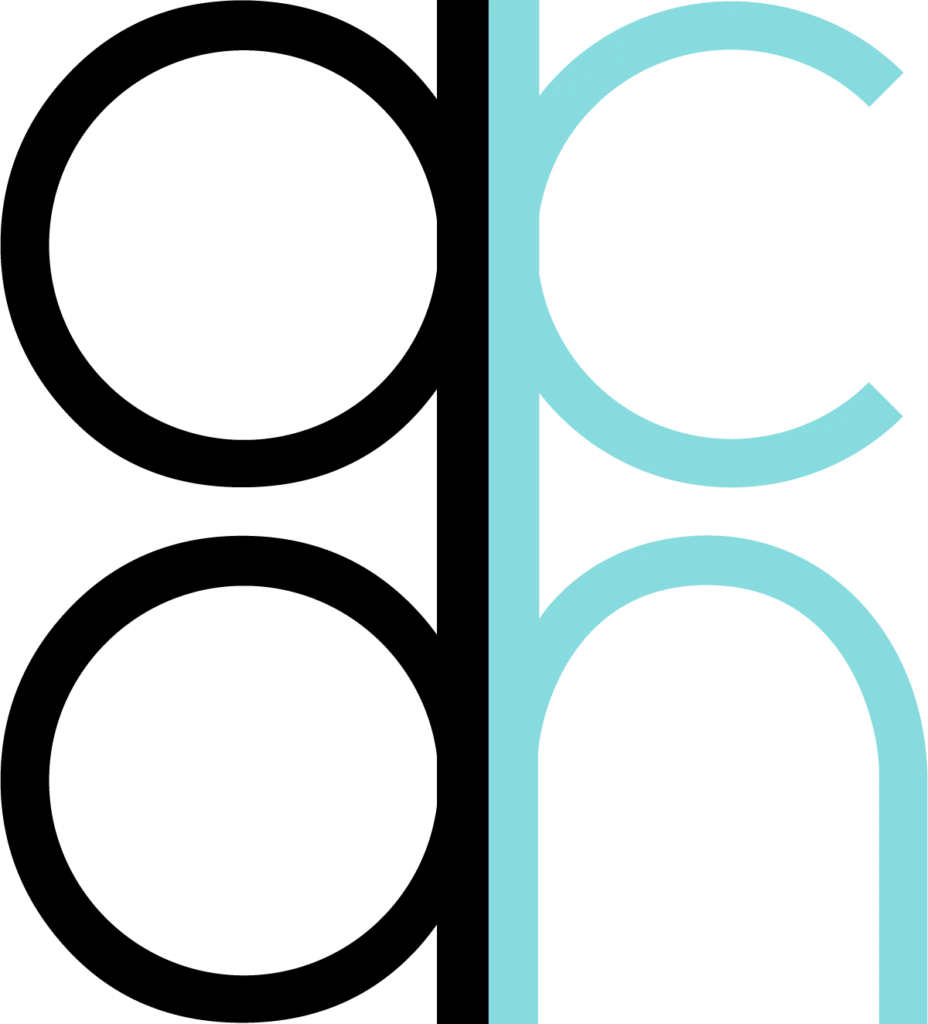
ACDH-CH TOOL GALLERY 8.2 - Teaching Digital Humanities
When: Oct 17-Oct 18, 2022
Where:
Day 1: online (Zoom),
Day 2: online (Zoom)
The CLARIAH-AT working group “Knowledgetransfer” organizes a workshop series on “Train the Trainers” that focuses on delivering training material about Digital Humanities topics. The first event of the series on “Teaching Digital Humanities” is organized in cooperation with ACDH-CH and is part of the ACDH-CH Tool Gallery Series.
In recent years, several academic open access e-learning platforms have been developed. They offer teachers, trainers, students, and young researchers the opportunity to exchange, share, and expand their knowledge in their respective academic fields. These collaborative work forms an important contribution to the development of any academic field.
Yet planning, designing, and producing effective online training materials is a skill that needs to be acquired and trained as well. Our workshop therefore aims at providing researchers, who want to share their expertise online with students, with a toolkit they can easily apply and use in the creation of their (first) online training materials.
This Tool Gallery is an online two-day event.
Please register until Tuesday, 11.10.2022 latest:
Please note: The Tool Gallery will be held in German language.
Contact:
Tanja Wissik: tanja.wissik(at)oeaw.ac.at
Elisabeth Königshofer: elisabeth.koenigshofer(at)oeaw.ac.at
Preliminary Programme
17.10., DAY 1 (via Zoom)
Introduction to the world of e-learning and its design (basics, instructional design, learning goals)
Start ca. 09:30
- 09:30 – 10:00: Introduction, eLearning basics
- 10:00-11:00: Mag. Claudia Hackl (Center for Teaching and Learning, Universität Wien sowie Projektmanagement Open Education Austria Advanced), – “Open Educational Resources kennenlernen”
- In accordance with open-access publications and the publication of research data in open sciene/data contexts, more and more training materials are made available for long-term use. These Open Educational Resources (OER) are publicly available educational resources, which are licenced under creative commons and thus rusable. But what makes an OER an OER? Learn more about synergies in open science and open education in current OER-activities in Austria and the opportunities and tools for OER-production and usage.
- 11:00 – 11:30: Coffee Break
- 11:30-13:00: Isabell Grundschober, MA (University for Continuing Education Krems) – “Design for Learning – Lernressourcen und -aktivitäten lernendenzentriert entwickeln” (+Q&A)
- Learner centred learning design – what is that?
- The procedure: from prototype to implementation
- Learning design: constructive and feedback loops ensure high quality
- Develop your learning design: learning goals, working with a template, create and reflect on constructive alignment
PRESENTERS:
Claudia Hackl:
Claudia Hackl is “Open Education Austria Advanced” project manager and advises higher education institutions on the institutionalisation of open educational resources. She is responsible for internal and inter-institutional knowledge transfer and focuses on synergies between open education and open science. In additon, she is part of the digital teaching team at the Center for Teaching and Learning at the University of Vienna. The center offers support and training in media and digitisation for teachers. Furthermore she teaches at the center for teacher education and the “Data Steward” certificate at the University of Vienna. Her professional background is at the intersection of IT and didactics.
Isabell Grundschober:
Isabell Grundschober is the Deputy Head of the Center for Applied Research and Innovation in Lifelong Learning and a researcher at Danube University Krems (Austria). Her research focuses on learning-outcome and competence-based learning designs for continuing education and VET, critical analysis and evaluation of eLearning environments, implementing suitable digital tools, platforms and function to support learning, and validation of non-formal and informal learning, among other interests. In addition, she is an advisor for industry and business projects on work-based learning.
18.10., DAY 2 (via Zoom)
Planning, designing, and publishing learning materials, and best practice examples. Please note that our workshops build on the knowledge that you’ve acquired on Day 1.
Start ca. 10:30
- 10:30 – 10:45: Recap from Day 1
- 10:45-12:45: Conceptualise and design your own e-learning materials
- 12:45-13:30: Q&A with Isabell Grundschober
- 13:30 – 14:30: Lunch Break
- 14:30 –16:00: World Café (via breakout rooms)
- Experts from ACDH-CH, Universität für Weiterbildung Krems, Stanford University, Universität Wien
- 16:00 – 16:30: Concluding remarks
This event is presented in cooperation with the Austrian Centre for Digital Humanities and Cultural Heritage.
